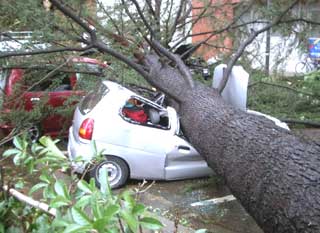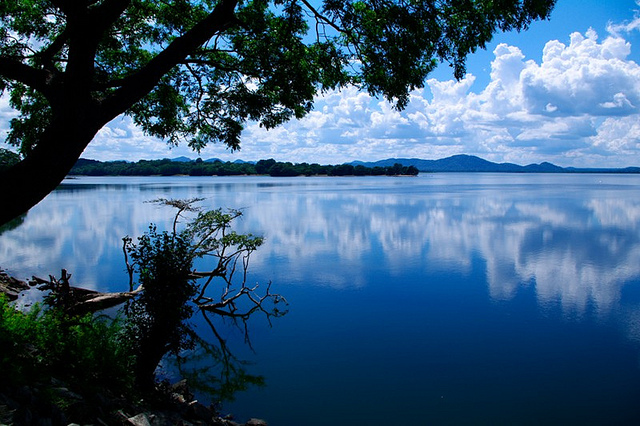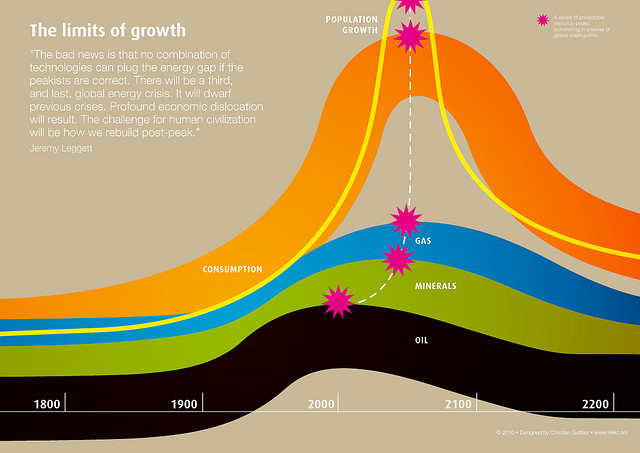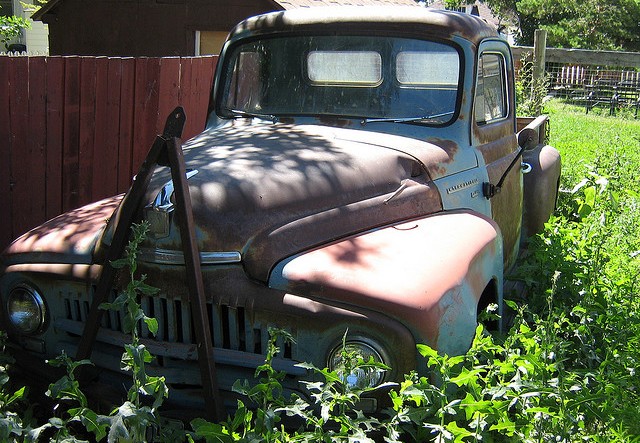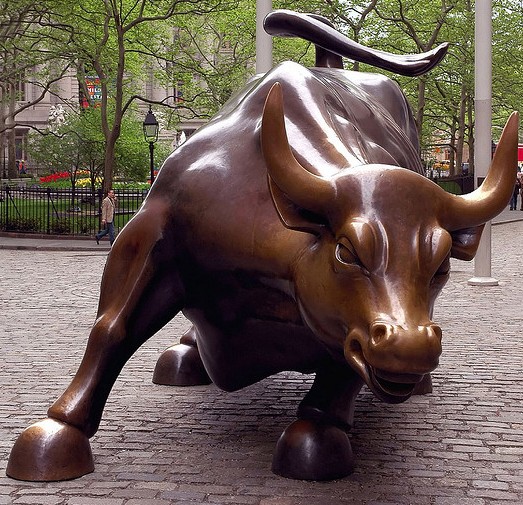Podcast: Play in new window | Download
Subscribe: RSS
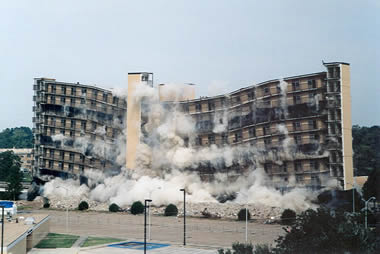
What do you mean, Uncle Clarence didn’t believe they were going to do it, and stayed in his room?
I know, it’s old news. If I stop by on Monday and tell Oscar Oblivious that his house appears to be on fire, he is of course concerned. But when I stop by on Wednesday to say it’s still burning, has consumed most of the structure, and collapse appears to be imminent, he demands to know why I am bothering him with old news. The Crash of 2015, the burn and crash of the economies of much of the world into — at least — serious recession for a very long time, is well under way. It is of course no news at all for the mainstream media, transfixed as they are with simpler stories of happier, imaginary times. But for you who come here from time to time, it’s old news. How is it then that you are still in the burning house? Continue reading
